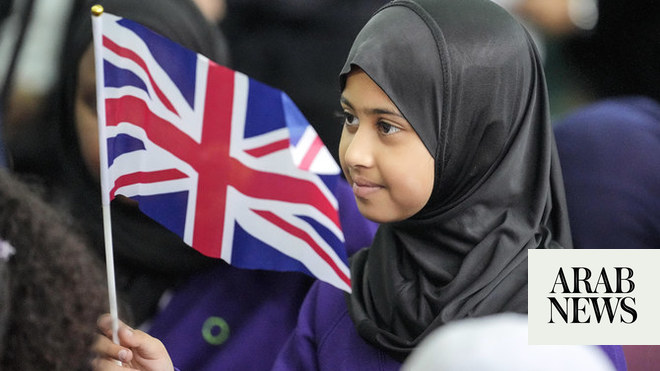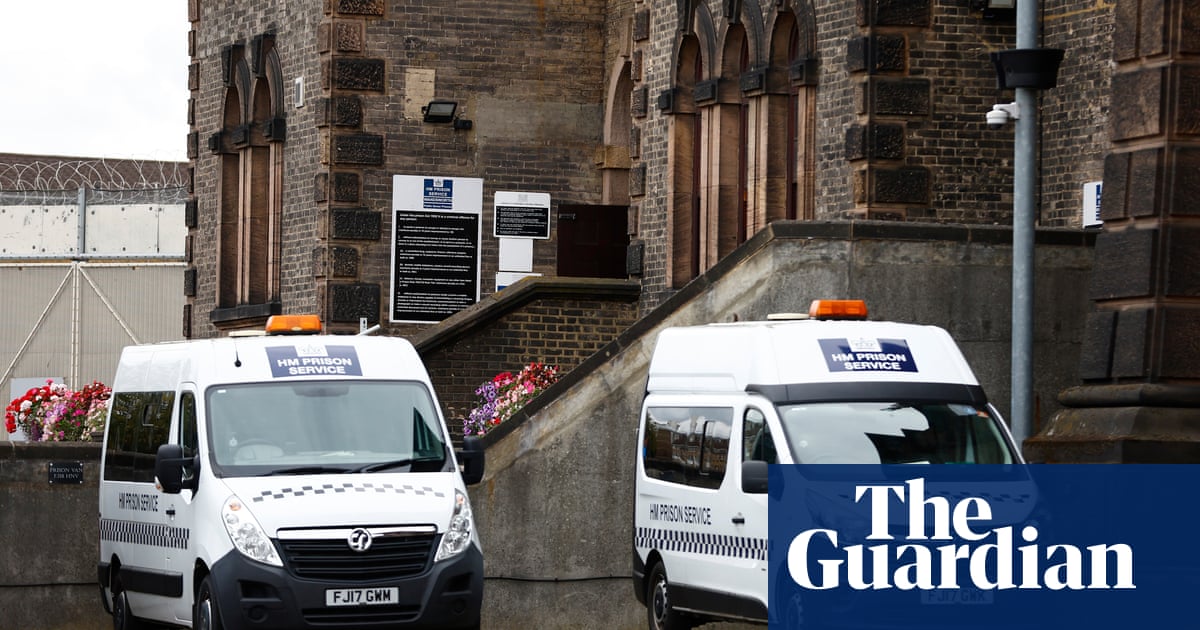
Muslim Council of Britain: ‘Level playing field for young Muslims’ will prove a ‘national asset’
A study published last year in the Ethnic and Racial Studies journal found that discrimination had contributed to the creation of a “Muslim penalty” in Britain
LONDON: More than two-thirds of Muslims in England and Wales live in local authorities that report the highest levels of unemployment, The Guardian reported on Friday.
Census data shows that about 2.6 million Muslims live in areas where the recorded unemployment level was as high as one in 20 people aged 16-64.
The data has led to campaigners urging the government to focus on Muslim youth as part of its plan to “level up” Britain’s economy.
New figures from the Office of National Statistics also revealed that Muslims in England and Wales reported the highest unemployment rates among religious groups, at 6.7 percent.
Only 26 percent of Christians, as well as 25 percent of atheists, live in areas with the highest unemployment levels, but for Muslim communities in England and Wales, the figure stood at 68 percent.
In the three local authorities that reported the highest unemployment rates in the country — Birmingham, London’s Newham and Wolverhampton — 7 percent of people of working age are looking for jobs.
However, the ONS said that the age trends among Muslims, as compared to other groups, may be a contributing factor to the statistics, with younger Muslims more likely to be studying than youth in the general population.
Of those who identified as Muslim in the census, the percentage of students in the group was almost twice the rate seen in the overall population in England and Wales.
In response to the census findings, a spokesperson for the Muslim Council of Britain (MCB) said: “The inter-generational cycles of poverty impacting British Muslim communities can result in young people being forced to leave education in pursuit of work so they can help support their families.
“Those that are able to break into the job market, pursuing chosen careers, can face Islamophobic prejudice and discrimination in the workplace.”
A study published last year in the Ethnic and Racial Studies journal found that discrimination had contributed to the creation of a “Muslim penalty” in Britain, with Islam being deemed a “significant barrier” to entering the workforce.
The MCB spokesperson added: “The post COVID-19 economic reality is that ‘leveling up’ is not just a priority for our rural communities. Targeted support is needed in the heart of inner cities where minority ethnic and Muslim populations may reside.
“Given a level playing field, the dynamism and sheer potential of young British Muslims will prove itself to be a strategic national asset.”












